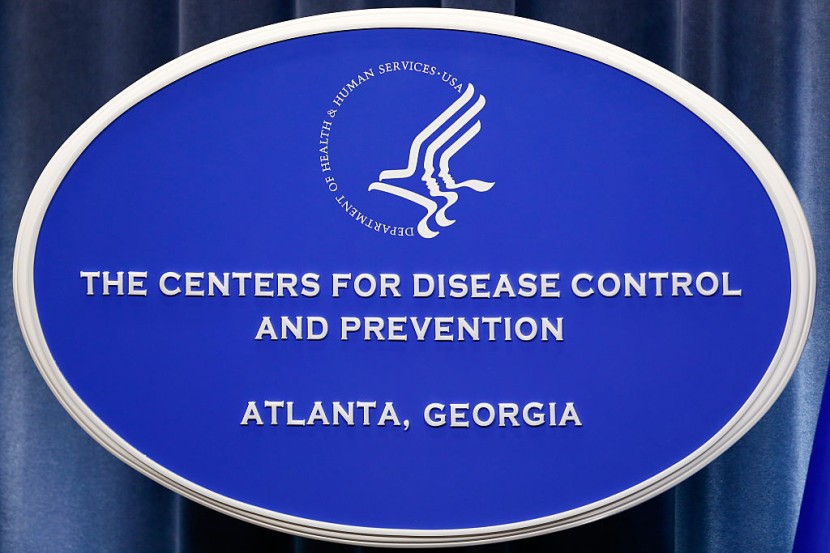
The United States Centers for Disease Control and Prevention (CDC) is set to cut funding to states' childhood vaccination programs, citing the recent debt ceiling deal and its effects as the primary reason for the decision.
The decision comes when immunization rates among the younger generation are dropping and are threatened by anti-vaccine rhetoric. An email from the CDC dated June 27 informed states of future funding reductions.
CDC to Cut Funding for Childhood Vaccination Programs
The email was addressed to state immunization managers and signed by two health agency officials, noting that there would be a significant change to their budget. The CDC added that there was no easy solution, saying it would require tough decisions.
The executive director of the Association of Immunization Managers (AIM), Claire Hannan, said the budget cut would eliminate federal funding specifically for the "immunization information systems" (IIS) program.
During an interview, Hannan said that the IIS supports immunization registries, which are systems that are used to track vaccine doses that have been administered. Authorities also use the data systems to pull up provider vaccine orders, run reports, and identify schools and zip codes where immunization rates are low, as per Ars Technica.
Hannan noted that the exact size of the budget reductions needed to be clarified, and out of the 64 health jurisdictions, 44 have already been in touch with AIM regarding the budget cuts. Those who have communicated reported that the loss of expected IIS funding would result in amounts ranging from 9.5% to 30% of the overall funding they expected for the grant year that started on July 1.
She added that the situation was unprecedented and argued that it was completely unexpected. Hannan argued that authorities have many concerns and said that state health departments must still be aware of their total grant award notifications.
It is unclear if or how they could move money around to cover some of the support for the crucial data systems. Hannan said that the departments have only been told they should not expect some of their funding.
Debt Ceiling Deal
The budget reductions stem from a federal immunization grant totaling roughly $680 million in the latest year. On Monday, CDC spokesperson Kristen Nordlund said that the situation's budgetary impact was still being assessed, according to Route Fifty.
Agency officials argued that the recently struck debt ceiling deal between the Biden administration and Congress was to blame for the budget cuts. The CDC added that the situation could result in less complete vaccination reporting.
While the agreement between United States President Joe Biden and House Speaker Kevin McCarthy avoided a default, it could, somewhere down the line, lead to huge federal deficits. The agreement cuts the 2024 deficit by roughly $64.5 billion and provides plans to save $1.5 trillion over the next decade.
However, many things could change depending on which political party controls Congress and the White House in 2025, said Market Watch.
Related Article:
Sweden's NATO Membership Back on Track as Erdogan Enters Last-Ditch Negotiations
© 2026 HNGN, All rights reserved. Do not reproduce without permission.








